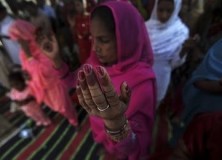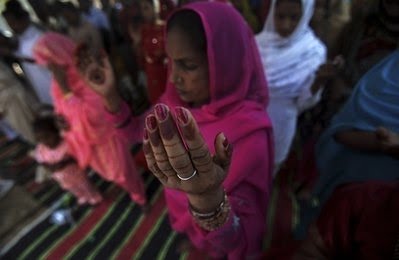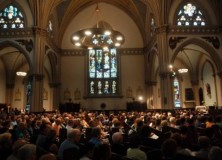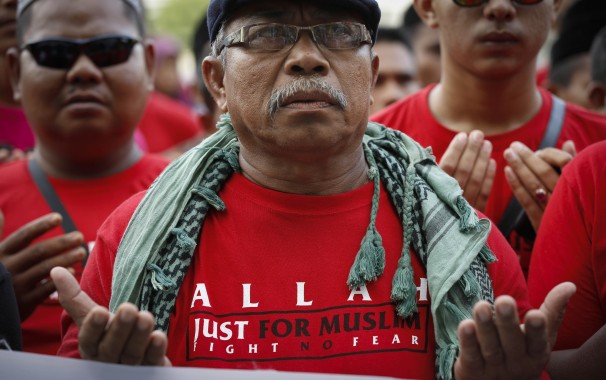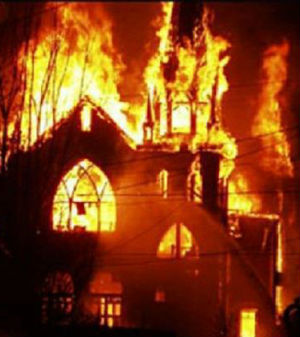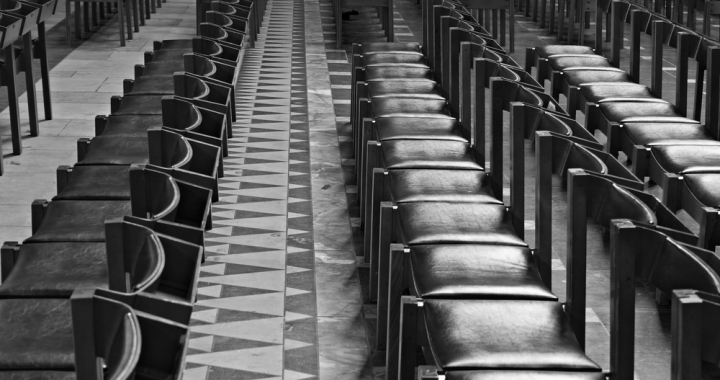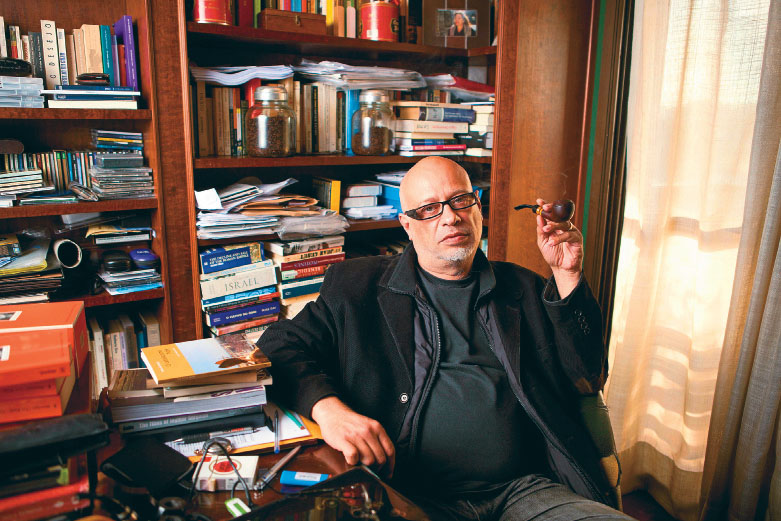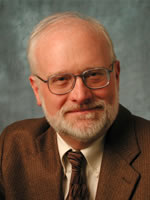Malala Yousafzai survived the Taliban’s attack on her life. She rallies for the rights of girl’s right to education. She is the youngest Nobel peace prize nominee and the winner of the European Union’s prestigious Freedom of Thought award. She is adored by media as she promotes her new autobiography. She is invited for special visits national leaders to discuss terrorism. At the tender age of 16, she is an international hero.
[Chelsen Vicari, The Christian Post, October 18, 2013] The world is cheering on Malala as she stands up for her beliefs, and rightly so. Malala’s bravery and passion for girls’ education is an inspiration to an entire generation. But all the international accolades, media attention, and political gushing over the heroic teenage activists begs the question: If Malala was a Christian standing up for girls’ right to believe in Jesus, would she still receive the same worldwide praise? Sadly, the answer is no.
Asia Bibi is an advocate from Pakistan too. But you probably have never heard her name. She is sitting in a Pakistani prison on death row. Her crime is her Christian faith. After being drug through the streets of her village, pelted with stones and beaten by Muslim extremists she was asked to either renounce Jesus Christ and convert to Islam for face death. Asia stood up for her right to place her faith in Jesus. Where are her prizes from the international community or her story featured on the on the nightly news?
Jon Stewart recently invited Malala onto The Daily Show to share her story. Stewart expressed that he was “humbled” and left “speechless” by Malala and jokingly asked if he could adopt her because he found her activism inspiring. If only Stewart reacted to Christians who face extraordinary challenges for standing up for their faith. Unfortunately, Stewart – along with the rest of the mainstream media – pretends the attack on Christians religious freedoms do not exist or belittle their plights. On the topic of Christian persecution, Stewart mused:
Does anyone know…does the Christian persecution complex have an expiration date? Because…uh…you’ve all been in charge pretty much since…uh…what was that guys name…Constantine. He converted in, what was it, 312 A.D. I’m just saying, enjoy your success.
Apparently, Jon will not be inviting Asia Bibi to join The Daily Show should she, God willing, ever be released from prison.
On its face, America still appears to be the champion of religious freedom here at home and abroad. But if one steps back, and takes a close look at our national leadership, that notion is no longer evident.
On Friday, President Barack Obama and the First family invited Malala to join them for a special visit to the White House “to thank her for her inspiring and passionate work on behalf of girls’ education in Pakistan.” In addition, the White House released an official statement declaring:
The United States joins with Pakistan people and so many around the world to celebrate Malala’s courage and her determination to promote the right of all girls to attend school and realize their dream.
The President’s hospitality doesn’t end with Malala’s White House visit. One day after Malala’s shooting he renounced the Taliban’s attack as “disgusting” and offered any military assistance necessary for her medical recovery, according to The Express Tribune. It took the President a whole year before he acknowledged Pastor Saeed Abidini, an American citizen sitting in an Iranian prison. And this was after Saeed’s wife, Nagmeh and the American Center for Law and Justice spent the year on public airwaves and in print begging the President to speak on behalf of her husband. Unfortunately, the President’s concern has not extended far enough. Saeed continues to sit in prison. His crime? His Christian faith.
Secular society’s warm treatment of Malala versus its refusal to acknowledgement of Asia Bibi or Saeed Abidini demonstrates the intentional effort by Leftists such as Jon Stewart, the United Nations and President Obama, to remove religious liberty from the human rights discussion.
It is time the international community, national leaders, and the mainstream media acknowledge the suffering of Christians in the Middle East, North Africa, Southeast Asia, and dare I say, the United States. Too many Believers are being kidnapped, tortured, raped, murdered or ostracized for simply standing up for their faith in Jesus Christ. But most of all, it is time the church stand up for those persecuted in the name of Christ.
Religious liberties – Christian liberties – are their own unique culture battle. One in which Christians cannot afford to stay silent. We are winning the sanctity of life debate because we are bold enough to speak out. But we are losing the marriage debate because we are afraid of being called intolerant or bigoted. We cannot be afraid to call out Christian persecution. Because if we lose the religious liberty debate, then we will lose everything.
The world knows Malala. We must never forget her courage. Now, what about the Christians?
